Sudba cheloveka (1959) Online
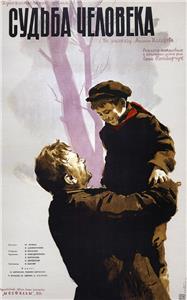
The story of a man (Andrey Sokolov) whose life was ruthlessly crippled by World War II. His wife and daughters were killed during the bombing of his village, he spent some time as a prisoner, and his only son was killed in action only a few days before the victory...
| Credited cast: | |||
| Sergey Bondarchuk | - | Andrei Sokolov | |
| Pavel Boriskin | - | Vanja (as Pavlik Boriskin) | |
| Zinaida Kirienko | - | Irina Sokolova | |
| Pavel Volkov | - | Ivan Timofeyevich | |
| Yuri Averin | - | Muller (as Yu. Averin) | |
| Kirill Alekseyev | - | German Major | |
| Pavel Vinnikov | |||
| Evgeniy Teterin | |||
| Anatoli Chemodurov | |||
| Lev Borisov | |||
| Georgi Shapovalov | |||
| Aleksandr Novikov | - | (as A. Novikov) | |
| Rest of cast listed alphabetically: | |||
| Nikolai Aparin | - | Captive in the church (as N. Aparin) | |
| Vyacheslav Berezko | - | (as V. Beryozko) | |
| Vladimir Ivanov |
The Best Film in the poll of the magazine "Soviet Screen" in 1960.
The DVD release was not authorized Inside the former USSR countries.



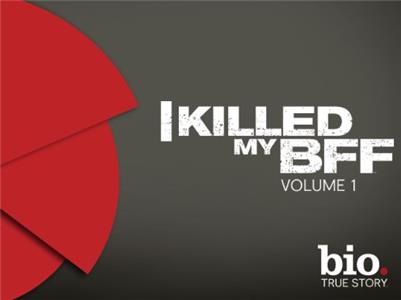
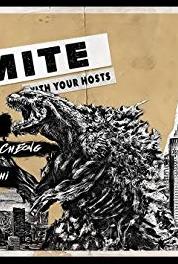
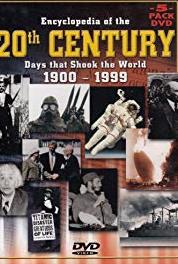
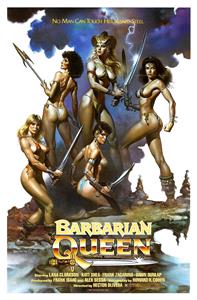
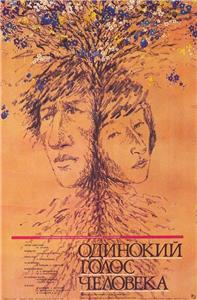

User reviews